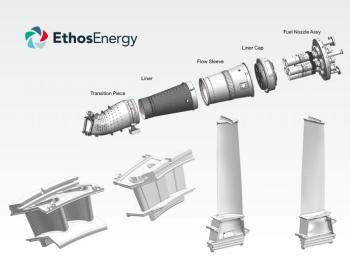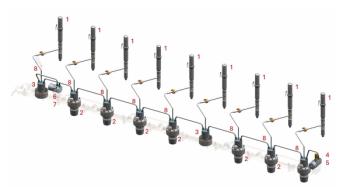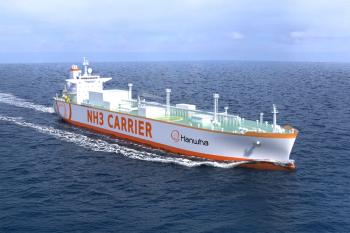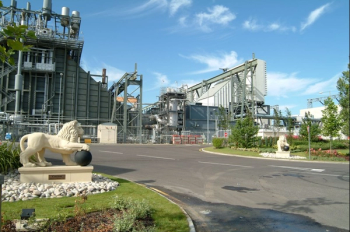
FLNG Vessel Arrives for bp’s Greater Tortue Ahmeyim LNG Project
The FLNG vessel, Gimi, reached its destination along the maritime border of Mauritania and Senegal, assisting bp in the first phase of its Greater Tortue Ahmeyim LNG project.
bp recently announced that the floating liquefied natural gas (FLNG) vessel, Gimi, arrived at its destination on the Mauritania and Senegal maritime border for the first phase of the Greater Tortue Ahmeyim (GTA) LNG project. GTA phase 1 development is operated by bp, Kosmos Energy, PETROSEN, and SMH.
“The successful and safe arrival of the FLNG vessel is another step forward for GTA Phase 1 and is testament to our team and partners’ commitment to safely delivering this project,” said Emil Ismayilov, bp’s senior vice president, Mauritania and Senegal. “The people behind the project have delivered through many challenges, including the pandemic, to orchestrate a major feat of engineering. We are fully focused on safely completing the project and beginning a new energy chapter in Mauritania and Senegal.”
Phase 1 is expected to produce approximately 2.3 million tons of LNG per year for a 20-year period, allowing Mauritania and Senegal to expand their LNG market and become a global hub. The GTA LNG project will produce gas from reservoirs in deep water, about 120 km offshore, through a subsea system to a floating production and storage offloading (FPSO) vessel. This vessel will initially process the gas to remove heavy hydrocarbon components.
Natural gas will be transported via pipeline to the FLNG vessel at the GTA hub, then cryogenically cooled in the FLNG’s four liquefaction trains and stored before transfer to LNG carriers. FLNG Gimi can store up to 125,000 m3 of LNG. Gimi is owned and operated by Golar LNG, and it traveled over 9,000 nautical miles from Singapore in November 2023. More than 36 million work hours were spent on the vessel’s construction.
GTA phase 1 development has wells with water depths of up to 2,850 meters, which is the deepest subsea infrastructure in African waters. A multibillion-dollar investment has been granted the status of National Project of Strategic Importance by the presidents of Mauritania and Senegal.
Newsletter
Power your knowledge with the latest in turbine technology, engineering advances, and energy solutions—subscribe to Turbomachinery International today.




